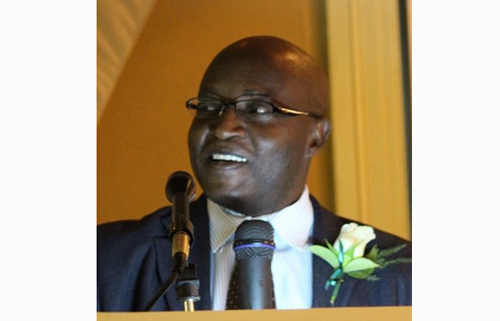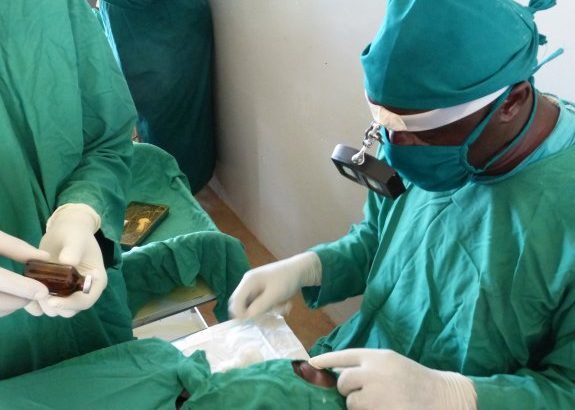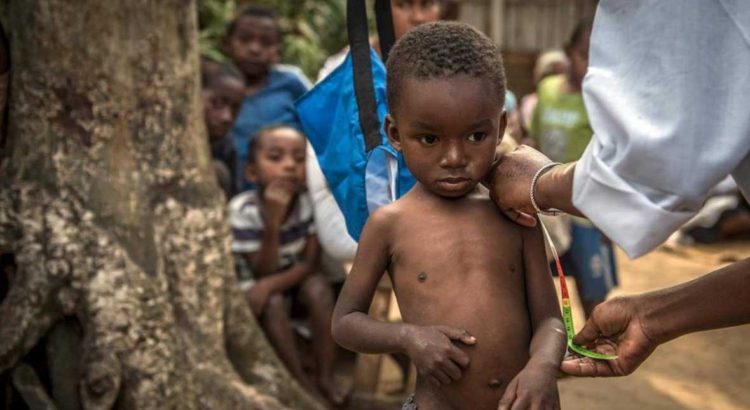Africa/Namibia/12 de Agosto de 2016/Fuente: New Era
RESUMEN: Los legisladores de toda África deben garantizar que todos los ciudadanos tengan acceso a una educación de calidad de la enseñanza primaria, secundaria hasta el nivel terciario.De hecho, se estima que en el África subsahariana, con una población de unos 740 millones de personas, hay unas 200 universidades públicas y un número cada vez mayor de las instituciones privadas de educación superior que en los últimos años han empezado a prestar una mayor atención a las cuestiones de la calidad en el nivel terciario (Banco Mundial 2007).Por su parte, el Ministerio de la Dirección de Programas y aseguramiento de la calidad de educación tiene el mandato de formular las políticas generales para la educación formal en general: políticas, marcos regulatorios y lineamientos que apoyen las buenas prácticas en la escuela y en el nivel de gestión. La Dirección trabaja en estrecha cooperación con las direcciones regionales de educación para apoyar la interpretación y aplicación de esas políticas. Esto se debe a que en Namibia la educación en los últimos años ha sido descentralizada en las 14 regiones.
It is the dream of every parent in Africa to send their children to school to obtain a “good education”.
What is rarely emphasised is the need for quality education and it ought to be what every parent must aspire for their children.
In the same vein, lawmakers all over Africa must ensure that every citizen has access to quality education from primary, secondary to tertiary level.
The World Bank’s Constructing Knowledge Societies: New Challenges for Tertiary Education underscores the importance of establishing robust quality assurance systems as necessary instruments for addressing today’s challenges (World Bank 2002).
In fact, it is estimated that in Sub-Saharan Africa, with its population of about 740 million people, there are some 200 public universities and an increasing number of private higher education institutions that in recent years have begun to pay greater attention to issues of quality at the tertiary level (World Bank 2007).
The publication, ‘Improving Quality and Equity in Education in Namibia: A Trend and Gap Analysis’ (UNICEF 2011) defines quality education as “education that works for every child and enables all children to achieve their full potential.”
On its part, the Ministry of Education’s programmes and quality assurance directorate has the mandate to formulate overall policies for general formal education: policies, regulatory frameworks and guidelines that support good practices at school and at management level.
The directorate works in close cooperation with regional directorates of education to support the interpretation and implementation of such policies. This is because in Namibia education has in recent years been decentralised to the 14 regions.
In the foreword to the government publication, titled ‘Education For All: Plan of Action 2002-2015’, then president Sam Nujoma stated that “education is… an avenue for poverty alleviation, human development and social advancement… to this end education is a fundamental human right and all are entitled to receiving an education of good quality.”
At the level of secondary education, therefore, the quality of education is as per the Plan of Action “characterised by many factors, amongst others, teachers’ qualifications, resource allocation, teaching materials and equipment.”
It follows therefore that Namibia, wants to ensure that quality education for Namibian students starts from secondary to tertiary level in order for tertiary education graduates to compete in an environment shaped by the country’s needs, as well as international expectations and standards.
Tertiary education in Namibia came into being shortly after independence with the University of Namibia, which was founded in 1992. Namibia’s first private university, the International University of Management, was second in 1994, while the then Polytechnic of Namibia (now the Namibia University of Science and Technology) followed in 1996. There is also a second private university that has undergone accreditation process, namely the Welwitchia University.
The education offered in Namibia must be competitive within Namibia but also at the level of SADC, AU and overseas, in line with public demands for transparency and accountability in tertiary education.
Namibian lawmakers, would appear to have had this in mind when it was decided to establish appropriate standards and quality assurance institutions that draw not only on the recent colonial past, but also reflect the unique history, needs, and expectations of stakeholders in education, namely parents, students and government.
In this regard, mechanisms had been put in place to enforce the above-mentioned standards and to monitor performance of their tertiary education systems with a view to taking appropriate and timely measures to adapt to new realities.
The University of Namibia adopted its Quality Assurance and Management Policy on October 29, 2015 and it is expected to be reviewed on October 30, 2020. The policy applies to all UNAM staff and students alike and is “to ensure the delivery and maintenance of excellence in instruction, learning, acquisition, research, academic and administrative/support services, student welfare, governance and community service.”
It must also be complemented or supported by “excellence in service delivery by management, academic and administrative/support services with quality infrastructure and physical facilities to ensure the realisation of the vision, mission and strategic priorities of UNAM.”
Government has also been proactive in establishing quality assurance in higher education. This has been done through dual responsibilities given to the National Qualification Authority (NQA), as per the Namibia Qualifications Authority Act 1996 and to the National Council for Higher Education, as per Higher Education Act of 2003, respectively.
There are indications (recently) that the line ministry responsible for higher education may be working on harmonising this overlapping function into one piece of legislation. Specifically, the NQA promotes quality education and training in Namibia through the development and management of a comprehensive and flexible National Qualifications Framework.
In this context, quality is also promoted by the NQA through the accreditation of education and training providers in Namibia and their courses. On the other hand, the Quality Assurance System of the National Council for Higher Education (NCHE) consists of two sub-systems: programme accreditation and institutional audits.
Africa needs to pull together in order to implement quality assurance in higher education. It is therefore timely that the Ministry of Higher Education recently announced that the NCHE in collaboration with the University of Namibia will host the 8th International Conference on Quality Assurance in Higher Education in Africa.
The upcoming conference includes six high-class plenary sessions bundled with discussions on good practices; six workshops to learn new skills in quality assurance; a meeting of the African Quality Assurance Network and a symposium of vice-chancellors, rectors and presidents of African universities on effective management of higher education institutions to improve quality.
In conclusion, the success of quality assurance, in my view, depends on the support of governments, universities and the general citizenry of all African countries.
Fuente: https://www.newera.com.na/2016/08/11/africa-unite-quality-assurance-higher-education/













 Users Today : 76
Users Today : 76 Total Users : 35460093
Total Users : 35460093 Views Today : 95
Views Today : 95 Total views : 3418726
Total views : 3418726